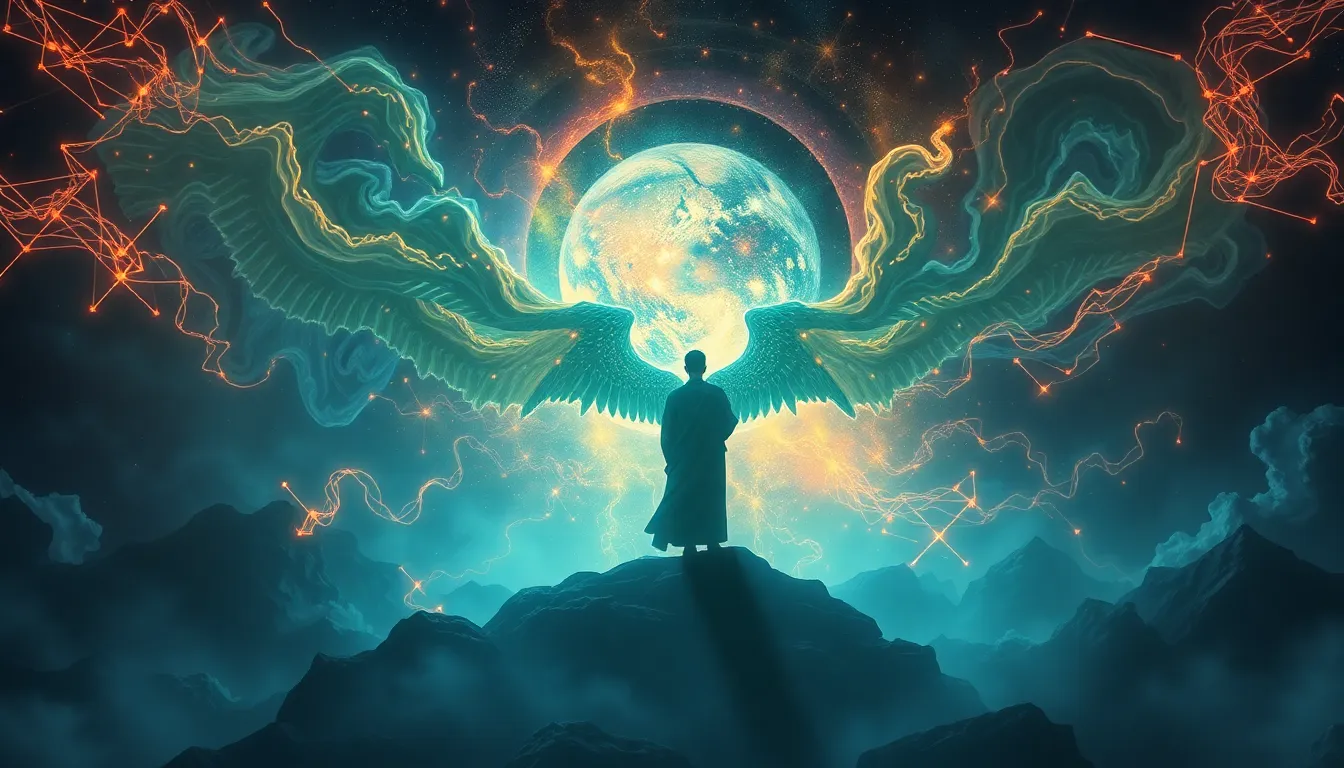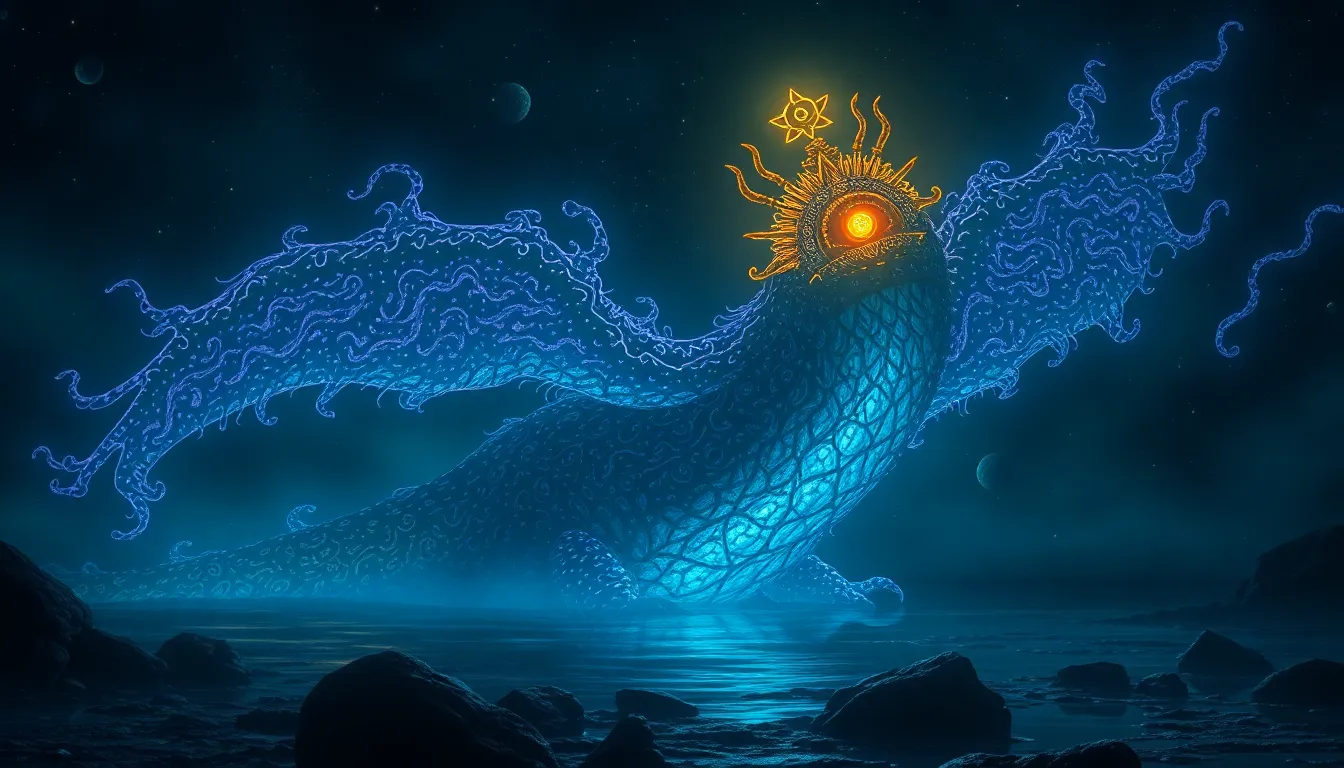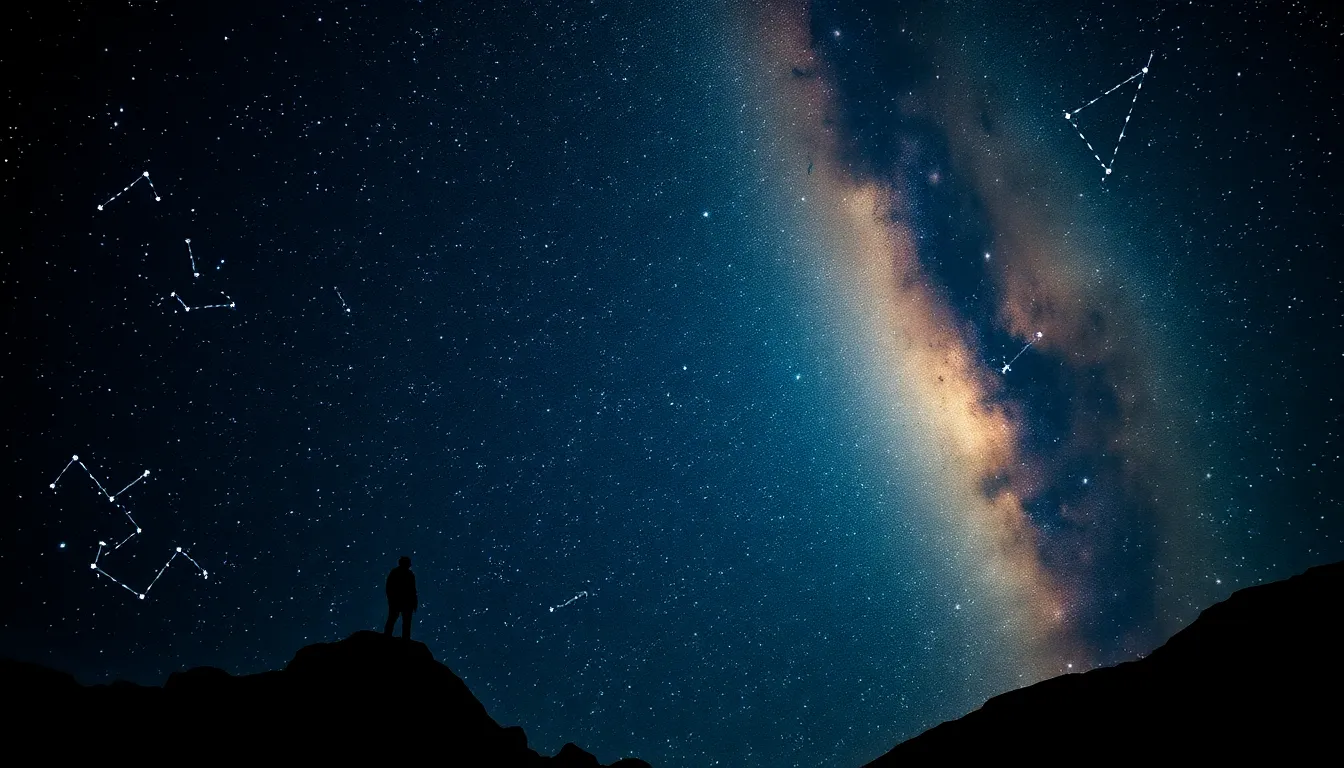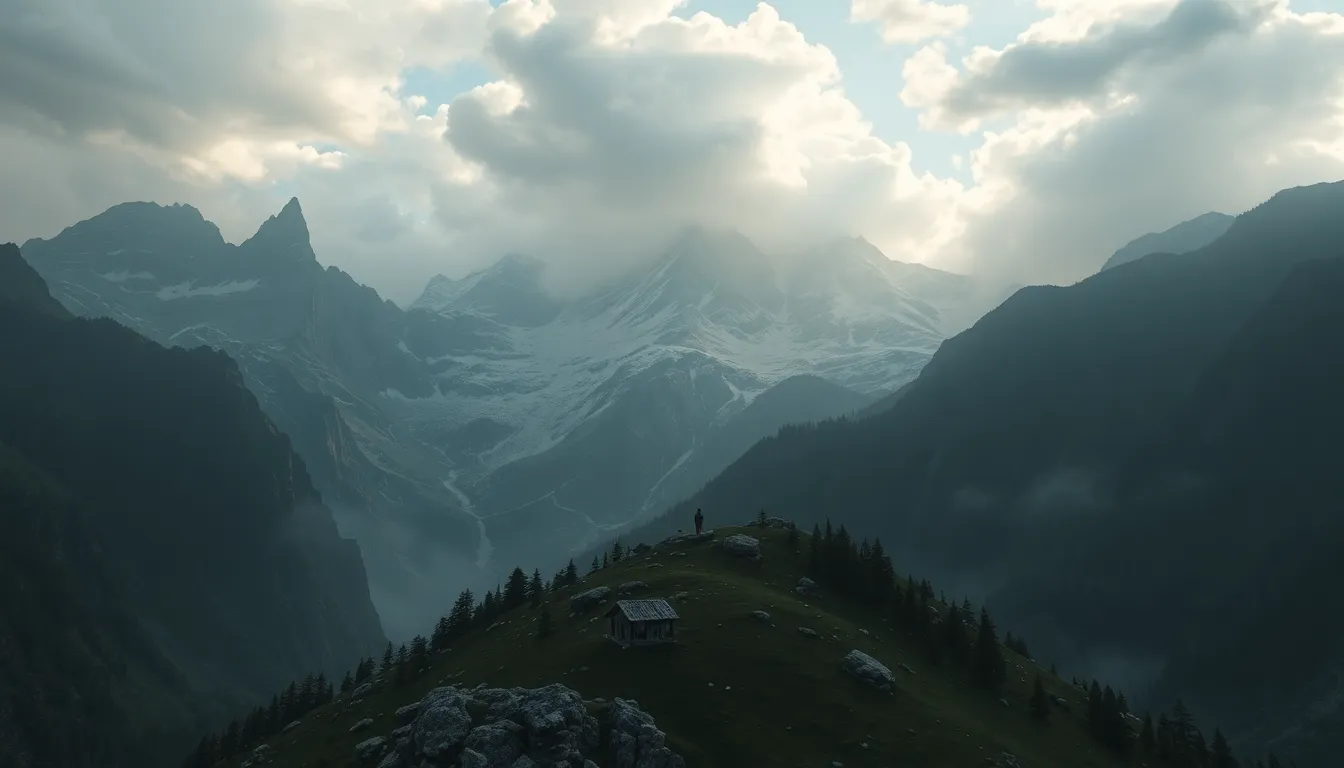The Mysterious Origins: How Creation Myths Shape Our Reality
I. Introduction
Creation myths are foundational narratives that explain the origins of the universe, humanity, and the natural world. These stories are woven into the fabric of cultures and religions, providing insight into how societies perceive their existence and purpose.
The study of creation myths is crucial for understanding not only the historical context of various cultures but also the psychological and sociological impacts these narratives have on people. This article aims to explore the origins and evolution of creation myths, their common themes, and their relevance in both ancient and modern contexts.
We will examine the historical context of these myths, analyze common themes, explore their presence in major world religions, and discuss their psychological and sociological implications. Additionally, we will consider the relationship between creation myths and scientific narratives, as well as their modern interpretations and environmental perspectives.
II. Historical Context of Creation Myths
Creation myths have evolved across various cultures and civilizations, each offering unique perspectives on the origins of the world. These narratives often reflect the values, beliefs, and environments of the peoples who tell them.
- Evolution of creation myths: Over time, creation myths have transformed, adapting to cultural shifts, technological advancements, and changing worldviews.
- Key civilizations:
- Mesopotamia: The Enuma Elish details the creation of the world by the god Marduk.
- Ancient Egypt: The Heliopolitan creation myth describes the emergence of the world from the primordial waters of Nun.
- Greco-Roman traditions: Myths such as the Theogony by Hesiod illustrate the genealogies of gods and the creation of humans.
- Role of oral traditions: Many cultures preserved their creation myths through oral storytelling, which played a key role in maintaining cultural identity and continuity.
III. Common Themes in Creation Myths
Despite the diversity of creation myths, several common themes emerge that reflect universal human concerns and experiences.
- Chaos and order: Many myths depict a transition from chaos or formlessness to a structured universe, symbolizing creation out of chaos.
- The role of deities: Creation myths often feature gods or supernatural beings who bring the universe into existence, reflecting the importance of divine authority.
- Symbolism of light and darkness: Light frequently symbolizes knowledge and creation, while darkness often represents ignorance and chaos.
IV. Creation Myths in Major World Religions
Creation myths are integral to many of the world’s major religions, each offering a distinct interpretation of the origins of the universe and humanity.
- Judeo-Christian perspectives: The Book of Genesis describes God creating the world in six days, emphasizing the divine order and purpose of creation.
- Hindu cosmology: Hindu creation myths often depict a cyclical process, where creation and destruction are part of a continuous cycle (Samsara).
- Indigenous creation stories: Many indigenous cultures have creation myths that emphasize the connection to land and nature, often involving the Earth as a living entity.
V. Psychological and Sociological Impacts of Creation Myths
Creation myths significantly influence both individual identity and societal cohesion. They serve various psychological and sociological functions.
- Influence on identity: Individuals often find a sense of purpose and belonging through the stories that explain their origins.
- Group cohesion: Shared beliefs in a creation narrative can strengthen community bonds and cultural identity.
- Psychological need for understanding: Myths fulfill a deep-rooted human desire to understand where we come from and why we exist.
VI. Creation Myths and Scientific Narratives
The relationship between creation myths and scientific explanations of the universe is complex and often contentious.
- Interplay between myth and science: While science offers empirical explanations, myths provide philosophical and existential narratives that address questions science may not fully answer.
- The Big Bang Theory: This scientific explanation of the universe’s origins contrasts sharply with many creation myths, yet both seek to explain the same fundamental question: how did everything begin?
- Adaptation of myths: As scientific discoveries unfold, some myths evolve or reinterpret their narratives to align with new understandings of the universe.
VII. Modern Interpretations and Revisions of Creation Myths
In contemporary society, creation myths are being reinterpreted and adapted in various forms, reflecting changes in cultural attitudes and technological advancements.
- Contemporary retellings: Literature, film, and art often reinterpret traditional myths, making them accessible to modern audiences.
- Role of technology: Digital platforms allow for the sharing and evolution of creation narratives, creating new forms of storytelling.
- Globalization impact: The intermingling of cultures has led to hybrid myths that reflect a blend of different traditions and beliefs.
VIII. Creation Myths and Environmental Perspectives
Creation myths often provide frameworks for understanding human relationships with nature, offering valuable lessons for contemporary environmental issues.
- Myths as frameworks: Many creation myths emphasize stewardship of the Earth, highlighting the interconnectedness of all living things.
- Lessons for modern issues: The principles found in creation myths can inspire sustainable practices and a deeper respect for the environment.
- Indigenous conservation practices: Indigenous creation stories frequently incorporate ecological wisdom, promoting conservation and respect for natural resources.
IX. The Future of Creation Myths
As societies continue to evolve, so too will creation myths. The future of these narratives will be shaped by cultural exchanges and the increasing complexity of global interactions.
- Predictions on evolution: Creation narratives may continue to evolve, incorporating scientific insights and addressing contemporary existential concerns.
- Multiculturalism’s role: A diverse cultural landscape will influence the creation of new myths, blending elements from various traditions.
- Preserving diversity: It is crucial to preserve diverse creation stories to maintain cultural heritage and enrich our understanding of human experience.
X. Conclusion
Creation myths hold significant importance in shaping our understanding of reality. They provide insights into human existence, cultural values, and societal structures. As we explore these narratives, we gain a deeper appreciation for the diversity of thought and belief that exists across the globe.
Further exploration of creation myths can foster understanding and respect among different cultures, encouraging dialogue about our shared human experience. As we move forward, the influence of creation myths will continue to resonate in contemporary society, guiding us in our quest for meaning in the universe.




